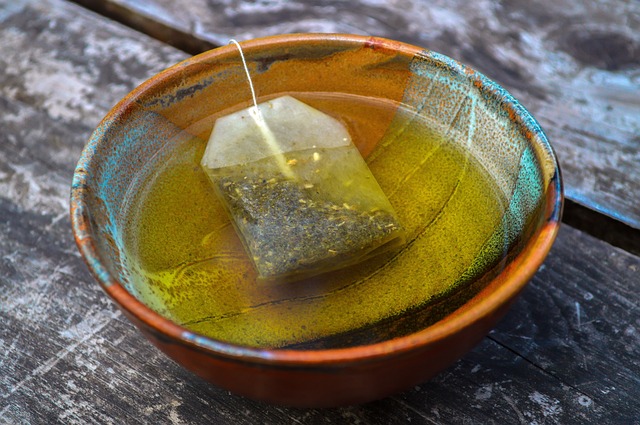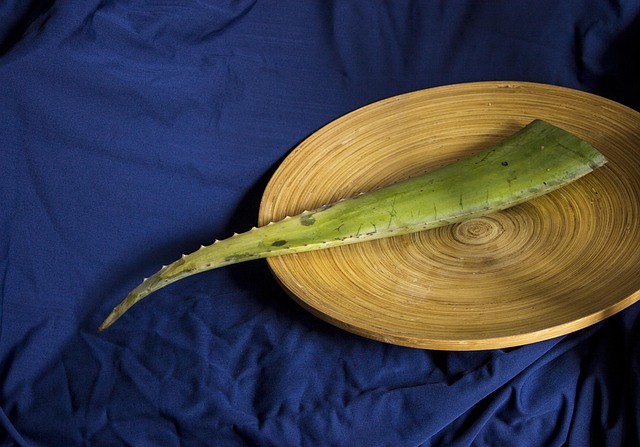
The Surprising Benefits of Phytotherapy
What is Phytotherapy?
Phytotherapy is the science of using medicinal plants to prevent and treat diseases. It is one of the oldest forms of medicine, utilized for centuries across different cultures to promote health and well-being.

Benefits of Phytotherapy
Phytotherapy offers numerous health benefits, including:
- Natural and holistic approach to healing
- Fewer side effects compared to synthetic drugs
- Support for immune system and digestion
- Relief from inflammation and pain
- Improved mental clarity and stress reduction
Common Medicinal Plants Used in Phytotherapy
Several plants are widely used for their therapeutic properties:
- Chamomile: Calming and aids digestion.
- Echinacea: Boosts the immune system.
- Ginger: Helps with nausea and inflammation.
- Peppermint: Supports digestion and relieves headaches.
- Turmeric: Powerful anti-inflammatory and antioxidant.

Phytotherapy in Modern Medicine
With growing interest in natural health solutions, phytotherapy is being integrated into modern medical practices. Many herbal extracts are now scientifically studied and used as complementary treatments alongside conventional medicine.
Final Thoughts
Phytotherapy is a powerful and natural approach to maintaining health and treating ailments. By incorporating medicinal plants into your daily routine, you can support your body's healing processes and enhance overall well-being. Always consult a healthcare professional before starting any herbal treatment.

